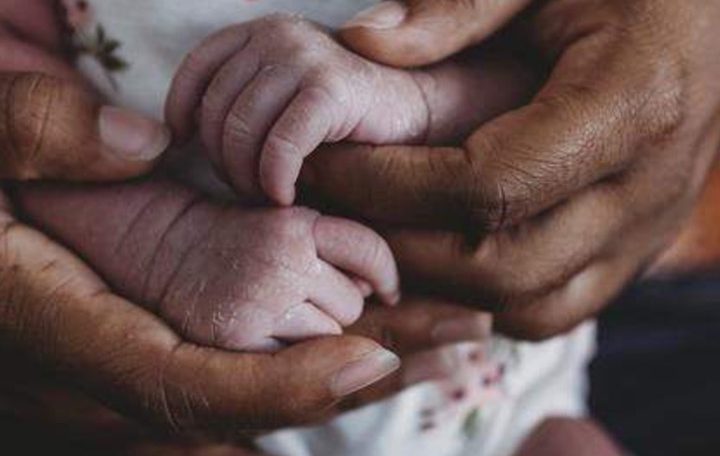Katie Koullas, a mother of two teenagers with autism, has voiced strong concern over Australia’s proposed National Disability Insurance Scheme (NDIS) reforms, which categorise children with autism as “mild” and threaten to exclude them from essential support services. The controversial “Thriving Kids” initiative, designed to divert children with mild to moderate developmental delays away from the NDIS, has sparked widespread worry that many families will lose access to critical therapies.
By Alexander Koster & Rayane Tamer – SBS News
Parents and advocacy groups have condemned the “mild” label, saying it ignores the lifelong nature of autism and dismisses the lived experiences of individuals who may continue to require sustained support. Ms Koullas has been among the most vocal critics, highlighting the potential for regression in her children’s development and the economic risks families may face if support is withdrawn.
Concerns extend to the policy process itself. Advocates argue the reforms lack meaningful consultation with the disability community and fail to honour Australia’s commitments under the UN Convention on the Rights of Persons with Disabilities. There’s growing alarm that the changes may disproportionately harm girls and reinforce gender and caregiver inequities.
This backlash is a sharp reminder of the importance of inclusive policymaking. Any social investment in disability support must respect dignity, avoid reductive labels, and uphold rights—not retreat from lifelong commitment.






